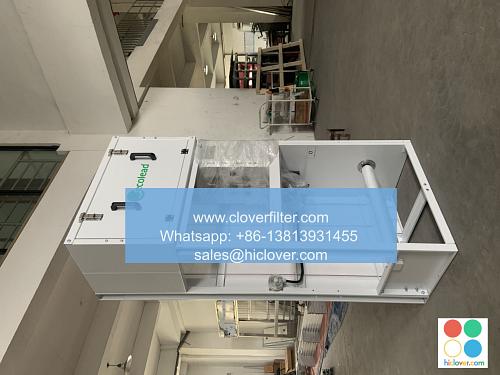Air Filter’s Policy on Data Limitations: The Ultimate Guide

As the world becomes increasingly digital, companies like Air Filter are taking significant steps to protect user data and maintain transparency in their data collection and data usage practices. In this article, we’ll delve into the details of Air Filter’s policy on data limitations, exploring the various application areas and the key data management strategies employed by the company.
##
Introduction to Data Limitations
Data limitations refer to the restrictions and guidelines set in place by companies to govern the collection, storage, and usage of user data. With the rise of big data analytics and artificial intelligence, companies are collecting and processing vast amounts of user data, making it essential to establish clear policies on data governance and data protection. Air Filter’s policy on data limitations is designed to ensure that user data is handled responsibly and with the utmost care.
##
Key Components of Air Filter’s Policy
Air Filter’s policy on data limitations is built around several key components, including:
* Data minimization: Collecting only the minimum amount of user data necessary to provide services and support.
* Data anonymization: Removing personally identifiable information to protect user privacy.
* Data storage: Implementing robust data security measures to safeguard user data.
* Data sharing: Limiting the sharing of user data with third-party vendors and partners.
##
Application Areas
Air Filter’s policy on data limitations applies to various application areas, including:
* Indoor air quality monitoring: Collecting data on indoor air quality to provide personalized recommendations for improvement.
* Filter maintenance: Tracking user interactions with air filters to optimize maintenance schedules and improve performance.
* Customer support: Using user data to provide tailored support and resolve issues efficiently.
##
Data Management Strategies
To ensure effective data management, Air Filter employs several strategies, including:
* Data encryption: Protecting user data with advanced encryption techniques.
* Access controls: Implementing strict access controls to limit who can view and manage user data.
* Data backups: Regularly backing up user data to prevent loss in case of a disaster.
##
Benefits of Air Filter’s Policy
Air Filter’s policy on data limitations offers several benefits, including:
* Enhanced user trust: Demonstrating a commitment to data protection and user privacy.
* Improved data security: Reducing the risk of data breaches and cyber attacks.
* Compliance with regulations: Meeting or exceeding regulatory requirements for data governance and data protection.
##
Conclusion
In conclusion, Air Filter’s policy on data limitations is a comprehensive framework that prioritizes user data protection and data governance. By implementing robust data management strategies and adhering to strict guidelines, Air Filter ensures that user data is handled responsibly and with the utmost care. As the company continues to innovate and expand its services, its commitment to data limitations and user privacy will remain a top priority, setting a high standard for the industry and fostering trust with its users. It looks like you haven’t asked a question yet. What would you like to talk about or ask? I’ll do my best to provide a helpful and direct response.

